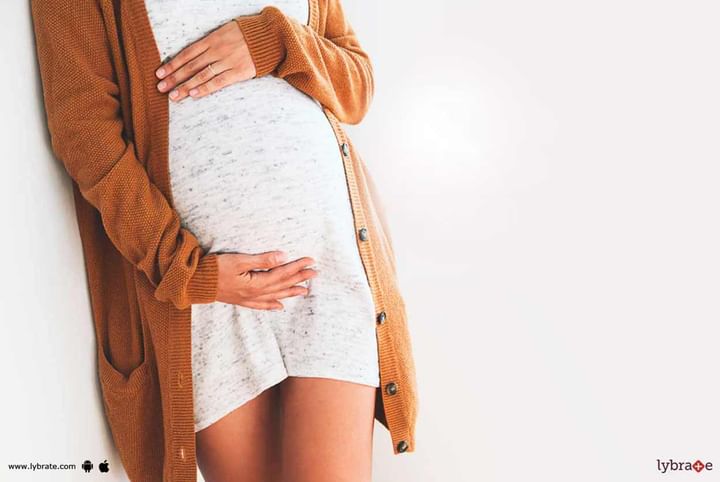Pre-eclampsia - What Should You Know?
Preeclampsia is a serious condition that can develop in pregnant women, especially after 20 weeks. Also called toxemia, it is characterized by high blood pressure, even in women who’ve never had high BP.
Eclampsia is a rare but severe complication of preeclampsia which causes seizures and convulsions in pregnant women. It can even cause the death of the woman and/or her baby. This serious condition is prevalent in about 1 in every 200 women with preeclampsia.
Common symptoms of preeclampsia
- High BP
- High level of protein in urine of the pregnant woman
- Swelling in the feet, legs, face, and hands
- Severe headaches
- Excessive weight gain
- Excess nausea and vomiting
- Vision problems- Blurred vision, floaters and flashing lights
- Problems urinating
- Rapid weight gain due to accumulated bodily fluid
- Abdominal pains
- Changes in body’s reflexes
- Decrease in urine or no urine output
- Dizziness
- Preeclampsia can also cause placenta to suddenly rupture from the uterus, causing stillbirth
Symptoms of eclampsia
What causes preeclampsia and eclampsia is not completely understood, but genetics definitely play a big role. What is of relevance to the layman is that both these conditions affect the placenta that provides nutrition to the fetus. If the placenta can’t deliver requisite oxygen and nutrients to the fetus, preterm surgery is required to save the baby’s life. Preeclampsia can also cause your baby to be born very small. It is also a leading cause of premature births and the complications that can follow, like cerebral palsy, epilepsy and developmental challenges like learning disabilities and vision problems. If preeclampsia is not diagnosed and treated in time, it can lead to eclampsia, which we already know can be fatal. Hence any symptoms of preeclampsia should be taken seriously by a pregnant woman.
Risk factors for preeclampsia
- First-time pregnancies
- Teenage pregnancies
- Pregnancy in women over 40
- A history of high BP
- A history of preeclampsia
- Having a mother or sister who have had preeclampsia
- Obesity
- Carrying twins
History of diabetes, kidney disease, rheumatoid arthritis and Lupus
A pregnant woman should not ignore any symptoms like sudden and new swelling in face, feet, hands and a high BP reading. Sudden weight gain over just 2-3 days is another red flag. Sometimes preeclampsia comes with no symptoms. That's why it's so important to see a doctor for regular BP check-ups and urine tests. There's no way to cure preeclampsia and the only way to protect oneself is to know preeclampsia symptoms and by taking prenatal care seriously because when preeclampsia is caught early, it's easier to manage.



+1.svg)
